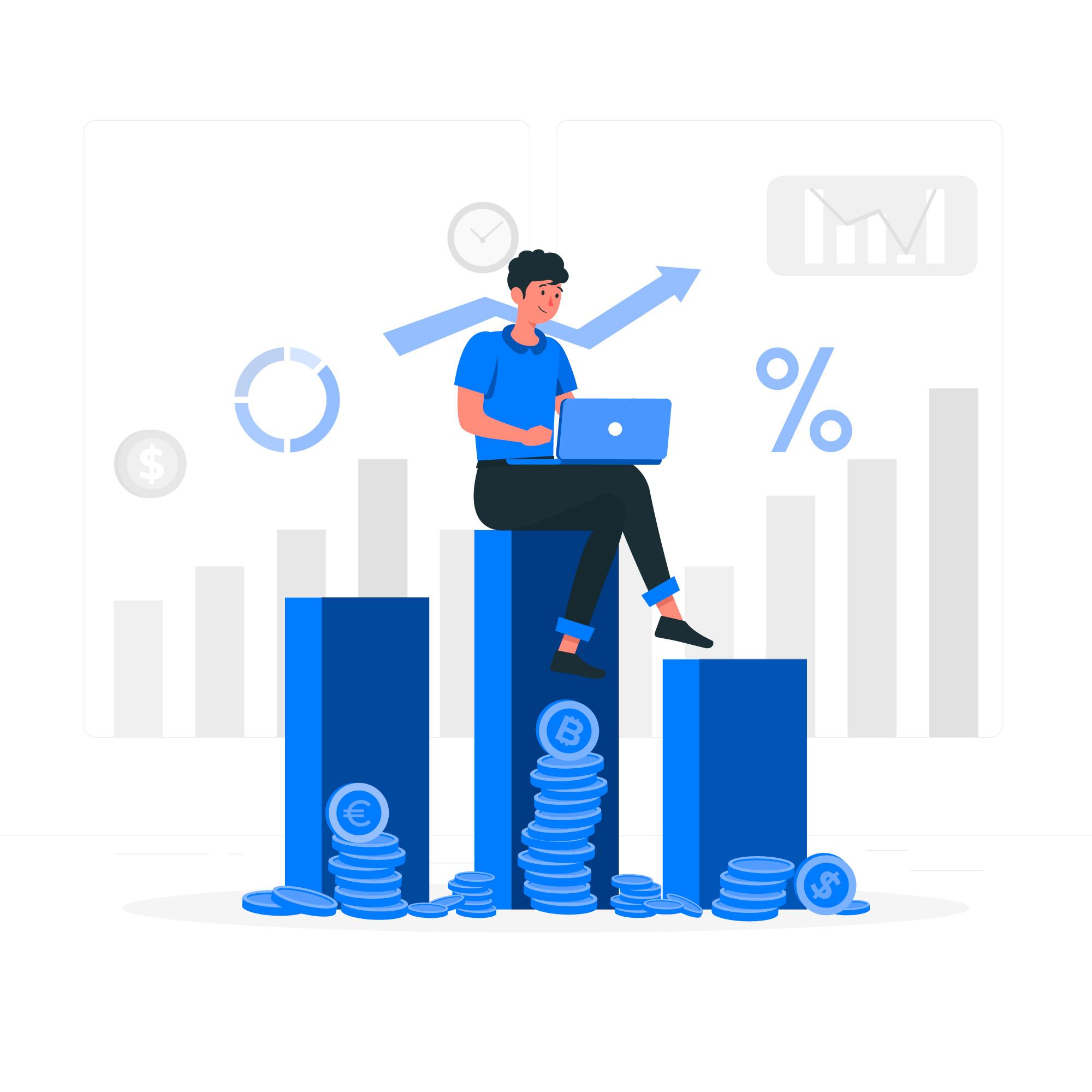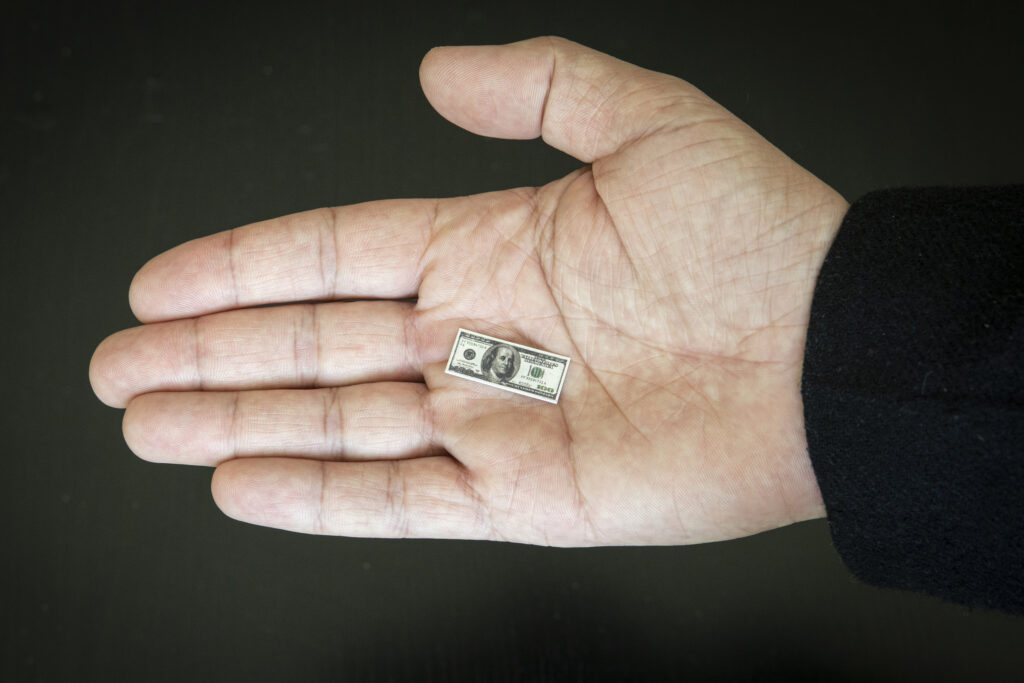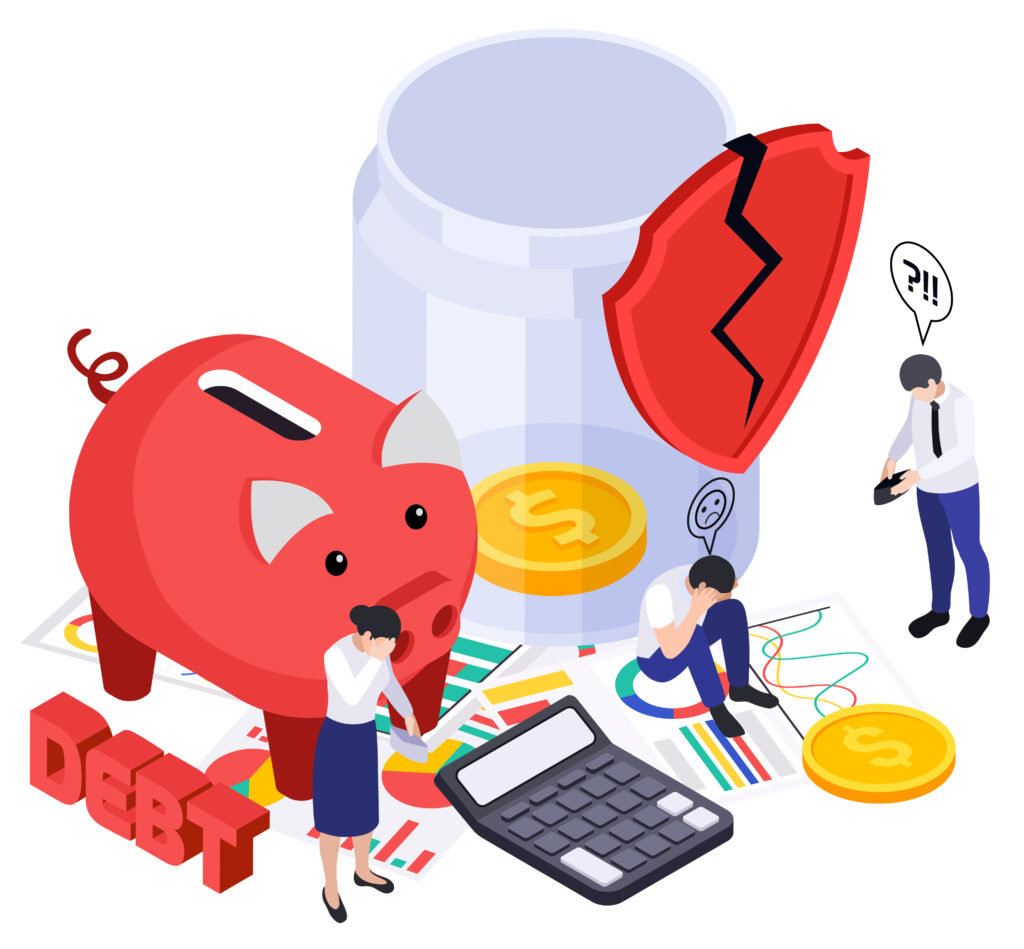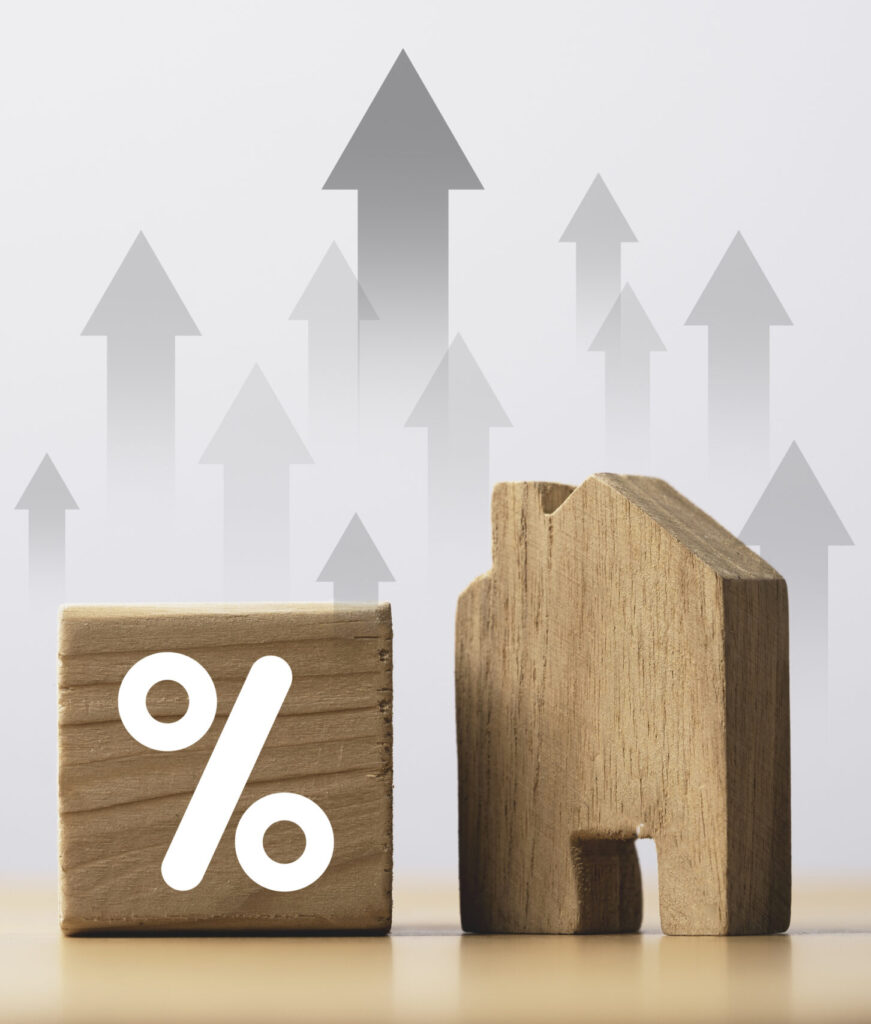What is inflation and why is everyone talking about it?

Inflation you’ve been hearing is a term that has been making headlines lately and dominating conversations around the world. But what exactly is inflation and why is it such a hot topic? Simply put, inflation refers to the increase in prices of goods and services over time. When the general level of prices rises, the purchasing power of money decreases, making it more expensive for individuals and businesses to buy the same amount of goods and services. Inflation is typically measured by the Consumer Price Index (CPI), which tracks the price changes of a basket of commonly purchased goods and services.
Inflation is when the value of money falls. This cause the cost of living to go up. What’s the difference between inflation and deflation? Deflation is when the price of goods and services falls. When prices are falling, people buy less. They save more money. They spend less. They save more. They spend their savings less.
The inflation rate is the most important economic indicator since it indicates the change in the price of goods and services.
Inflationary pressure refers to increases in the prices of goods and services in the economy. The Federal Reserve Board is tasked with managing monetary policy, which includes determining the level of interest rates to assist or decelerate economic growth.
People get very nervous about inflation: so much so that they often avoid looking after their savings. However, inflation is a fact of life. It largely determines how much people earn when they retire and how long their savings will last.
For as long as people have been earning money, they have been worried about having enough money in the future. People used to worry about not having enough food, but these days, with rising prices, they worry about having enough to buy food. And when it comes to money, we are arguably in worse trouble now than at any time in the last 100 years. Of this, there is no doubt.
But saying we are in trouble is not the same as saying that we cannot do something about it. Indeed, there are several steps you can take to reduce the risk that you will run out of money in retirement.
Is Inflation important?
It’s a common worry. We fear inflation because it erodes our savings and erodes our purchasing power. It makes us poorer.
Of course, inflation can harm an individual’s savings, but it has also a significant effect on the economy as a whole. But don’t worry, inflation is not necessarily a bad thing. Inflation is a desirable phenomenon because it causes prices to rise, which in turn encourages businesses and consumers to spend more, leading to more economic activity. Inflation forces people to work harder and consume more. It weeds out inefficient manufacturers and producers, forcing them to make better, more efficient products. This is good for consumers because it encourages innovation and competition.
It is important. In 2012 John Maynard Keynes said that “Inflation is Taxation without Legislation”. Quite simply, inflation is money being created by the Government. Unfortunately, some economists believe that it is the lesser evil. (Sen. Rand Paul).
Why is high inflation bad?
When the cost of typical household goods, such as groceries or utilities, rises, your purchasing power is diminished. When inflation rates are high, it also means that your money will slowly lose value.

What causes inflation?
Inflation is a rise in the general level of prices for goods and services. It occurs when too much money chases too few goods. Money that is created by governments or other financial institutions is often referred to as “new money.”
At the same time, the Federal Reserve and other central banks around the world create “old” money. “Old” money is simply bank deposits, savings accounts, and current accounts. Inflation is the gradual increase in the general level of prices of goods and services. It may be caused by many factors including government deficit spending, or an increase in the money supply (money creation). Inflation is usually measured against an agreed price index. As a result, any increase in prices going against this index is called inflation.
Inflation literally means that your cash is getting less valuable over time, and the more you attempt to save it the less it is worth.
Understanding Inflation
What you can do to protect yourself from inflation and stay ahead of the curve?
Inflation is the gradual rise in prices of goods and services. Those higher prices erode the value of the money we use to buy them. Whenever prices increase, people generally experience an increase in their cost of living, at least to some extent.
Inflation has many causes, but here are a few:
Inflation is the gradual rise in prices of goods and services. Those higher prices erode the value of the money we use to buy them. Whenever prices increase, people generally experience an increase in their cost of living, at least to some extent.
Inflation has many causes, but here are a few:
- A rise in the cost of imported goods, such as oil
- A rise in the value of the dollar against other national currencies
- A spike in the cost of certain goods, such as energy
- A decrease in the purchasing power of the dollar
Inflation can show up in a variety of ways. The most common way economists measure it is by comparing the prices of different goods – say, the price of a loaf of bread and the price of a new car. If prices are rising faster than the rate of inflation, then the consumer is paying more for the same good. When prices rise faster than the rate of inflation, the money supply grows.
But it’s more complicated than that. For example, if oil is cheaper, then the inflationary pressure is reduced.

How does inflation affect the economy?
Inflation can occur for many reasons; the economy is overheating, commodity prices are rising, or governments are printing money. Unpredictable inflation is not a good thing; therefore, many investors want to know whether it is occurring. Some are under the impression that rising prices are a sign of a healthy economy, so assume there’s nothing to worry about. However, inflation does not always mean good things for the economy. When prices rise, the cost of goods and services rise as well. This squeezes the budgets of people who earn lower incomes. In extreme cases, this can result in massive job losses.
How does inflation affect the stock market?
The impact of inflation on the stock market can be complex. In extreme cases, for example, if the world was in hyperinflation, the price level of the currency could be doubling every couple of days and the actual worth of the currency would be decreasing rapidly. However, typically, the inflation rate of a country (or the world’s) will not be that high and so will rarely be in the hundreds a day. To measure a country’s rate of inflation, one can look at the Consumer Price Index (CPI). The CPI measures the general price level of goods and services in an economy.

How does inflation affect the interest rate?
The relationship between inflation and interest rate is that higher inflation leads to lower bond demand (because people prefer interest-bearing assets to non-interest-bearing ones) and vice versa. As bonds cost more, banks can borrow less from the central bank, interest revenue (i.e. return on capital) declines, and the cost of borrowing goes up. When the interest rate is low and the inflation rate is high, demand for bonds declines. A low-interest rate leads to lower bond demand, which in turn drives up the demand for central bank money to buy them back. A consequence of this increased demand on the central bank’s balance sheet is an increase in the money supply and a corresponding rise in inflation.
Inflation without increasing the money supply
When households buy goods and services produced using labor, their demand for labor power drives the price of labor up. That increases the demand for workers, and they bid up their wages; since workers are the suppliers of final goods, their demand for final goods also rises. This continues until there is a ceiling on how much further prices can go, i.e. wage inflation is constrained by the supply of the workforce.
If there is too much money in the economy (e.g. too much money chasing too few goods – think dot-com bubble), then it is possible for there to be too much money chasing too few goods. That drives up prices so that there is more money chasing fewer goods, and so the process repeats itself.
Inflation is when the price of products goes up, and it happens when prices are rising all the time, so consumers need to spend more money to buy the same products. Although inflation can occur in any country, it can affect the standard of living for ordinary people more than benefit wealthy individuals.
How to find out when your bank is going to raise your interest rates?
Banks usually announce changes to their interest rate policies well in advance, so ideally, you should understand if they are raising, lowering, or holding their rates. If it’s a change to the base rate, then you’ll probably see it in the newspapers, but otherwise, you should receive a letter from your bank.

